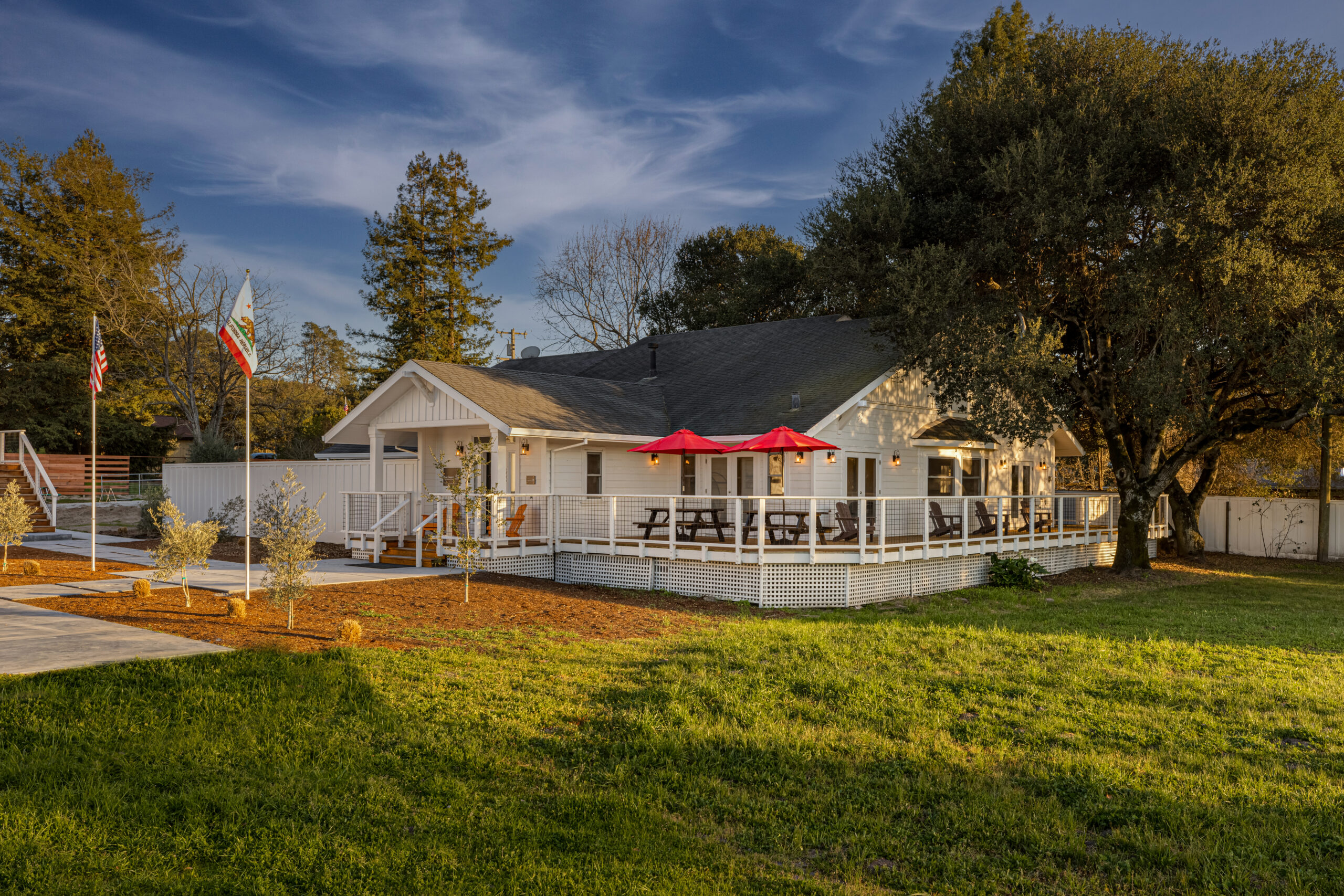At Muir Wood Adolescent and Family Services, we’re committed to supporting you and your teen through the entire rehabilitation process, from admission and detox to discharge planning and continuing care. Our alumni program helps teens complete the launch into adulthood successively and provide parents with the tools they need to support their teens during this transition. The programs continue to provide support for treatment graduates and their families for years after teens have left the facility, re-entered the community, established new lives in sobriety, and faced new challenges.
Our alumni programs give teens the opportunity to connect with their peers who are faced with the same transitional stress factors. At alumni meetings and activities, teens and their families can share their experiences, learn new coping skills, and get referrals to community services that will help them stay healthy and sober. Some of the most popular alumni activities include:
- Outings, gatherings, or sporting events for graduates and their families
- Adventure treks, hikes, or camping excursions for alumni
- Social networking opportunities for alumni
- 12-step meetings in the community for graduates and members of the public
- Community service outreach projects for alumni
Continuing care for program alumni isn’t just about events, meetings, or activities. It’s about providing support for graduates who are continuing to grow in recovery. Aftercare services for teens may cover a wide range of services, including:
- Advanced therapy for sober teens
- Family counseling for parents and siblings
- Vocational counseling and job placement assistance
- Academic testing and educational counseling
- Nutritional counseling and personal training for teens
As the parents of a teen rehab graduate, you’ll need support as you help your teen make the transition to adulthood. Continuing care services are available for families as well as for teen alumni. We encourage you to take advantage of these recovery resources by participating actively in counseling sessions, peer group support meetings, and experiential therapies.
Support for Parents and Families
It’s difficult to help a teen stay sober if you don’t have adequate help for yourself and the other members of your family. It’s just as important for parents, siblings, and other family members to receive counseling as it is for the addicted teen. Counseling for families covers important topics in addiction recovery, including:
- The nature and causes of addiction
- How addiction affects the family
- Creating a supportive home environment
- Keeping the lines of communication open
- Setting healthy boundaries
Many substance abuse triggers that your teen will encounter can be found at home. Conflicts with parents, sibling rivalry, emotional distance, boredom, or verbal abuse can drive adolescents back to drugs or alcohol. Experienced family therapists can guide you through the difficult days after teen rehab.
How Can I Help My Teen Stay Sober?
Teens graduate from drug rehab with a whole new set of coping skills and resources to help them stay sober. Yet, in the months following rehab, teenagers are incredibly vulnerable to a relapse. According to a study published by the National Library of Medicine, approximately 65 percent of youth who receive treatment for substance use disorders relapse within 90 days of completing treatment. Length of stay in residential treatment, and completion of recommended step-down services, including intensive outpatient programs (IOP), ongoing counseling, and regular drug testing, are factors that reduce the risk of relapse and provide the necessary support to maintain sobriety after treatment.
During this period, teens are still testing their new attitudes and behaviors while living with the same triggers and high-risk situations that drove them to addiction. Recovering teens need a wide-ranging support network of therapists, health care providers, self-help groups, sober peers and—perhaps most importantly—family members. After rehab, it’s more important than ever for parents to provide emotional and moral support as teens recover from the disease of addiction.
Aftercare Services for Teens
The best time to find a good aftercare program for your teenager is before they enter rehab. When you’re searching for an addiction treatment program, ask about the support services that the facility provides after the client graduates from the program. These services should include:
- Ongoing contact with professionals who were involved in the teen’s treatment
- Referrals to therapists, psychiatrists, or other specialists in the community who can manage medications and provide continuing therapy
- Information about 12-step programs and other self-help groups for teens who are dedicated to staying sober
- Access to transitional housing opportunities for teens who need more supervision and structure after rehab
- Participation in alumni organizations for teenagers who have successfully completed rehab
Most people who enter recovery from substance use disorders require regular ongoing care to reduce the frequency and severity of relapse and become proficient at applying holistic wellness methodologies and life skills that contribute to positive long-term outcomes. While each person’s recovery path may differ, a common factor is connection. Parents and caregivers responsible for helping adolescents and teens find and sustain recovery should seek ways of ensuring that a young person feels connected to a supportive community and has access to treatment resources when and if needed. At Muir Wood Adolescent and Family Services, we strive to help families develop aftercare plans that include medical and psychotherapeutic care, support groups, and wellness services accessible to clients. Establishing a specific plan to help clients regularly engage with recovery-supportive care, services, and friends can significantly reduce the likelihood of relapse or the need for additional treatment.

